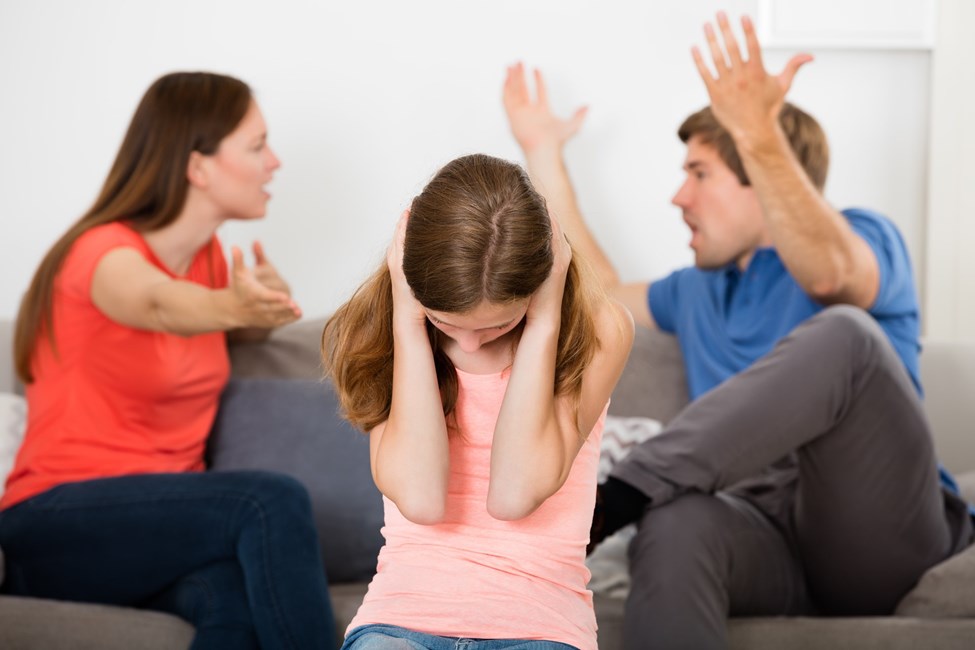Sparing the Kids
29 Apr 2018
726

Divorce – the second biggest stressor after death of a loved one – often leads to anguish, disharmony and strife between the partners. Combine that with a tug of war between the parents to get children onto ‘their’ side and what do you have? Needless turmoil where children are used as pawns and are forced to ‘play’ games with their parents. A game so dreadful that no winners emerge and the losers (if they don’t resolve issues) often suffer consequences that leave them resentful and bitter. So, does age really bring wisdom? A debatable issue, particularly when you see ‘adults’ resort to ‘childish’ tactics of luring their kids to ‘favor’ them in their sparring matches with each other. The process of converting children mentally into supporters and sympathizers is called pathogenic metamorphosis, where the child ‘learns’ to evaluate a parent as a ‘bad’ man/woman. By demonizing one parent and believing, say, the father is ‘terrible’ and the mother ‘good’, the child feels wretched. Wretched, because he’s often coerced to choose where he’d rather not. And unable to resist the ‘pressure’ lands up hating himself for his inability to have remained neutral and for his failure to have kept his parents ‘together’. Frequently, even feeling terribly guilty for having preferred mom to dad.
Do not bring children into something that you cannot work out. Teaching them the blame game where a parent is ‘condemnable’ inculcates an attitude of intolerance and lack of respect for individuals – the essence of bigotry. A handicap that your child will carry into later interpersonal and intrapersonal relations. Another common belief (not an empirically provable one though) is that children would rather have two parents than one. You’d be surprised how erroneous this idea is, for often being bystanders to constant conflict children would rather prefer that the parents separate. By explaining plainly the reasons for separation, children can be made to see that their parents’ inability to get along is due to their own irrevocable differences that are un-resolvable and has nothing to do with them. If the child can be given a feeling that he is special to each parent in spite of the fact that they are no more special to each other, confidence and the belief that he wouldn’t ‘suffer’ the breakdown can surface. A philosophy that individuals have a right to happiness and the misfortune of having to get that through separation, will help the child come to terms with this unlikable and unfortunate truth. The emotion of shame, imperceptible to an untrained eye, often prevails amongst children from divorced/separated parents. Ideas like “If others come to know that my parents don’t stay together, it would be terrible” is a factor to the emotion and can be best dealt with by teaching an attitude of not worrying too much of what people think of him. That having a single parent in no way ‘proves’ anything about him. Because real self-confidence comes with unconditional self-acceptance and with the unconditional acceptance of life circumstances, however regrettable they may be!
- Do not make children pawns in your sparring game. Forcing them to take sides may leave them self-loathing and guilty.
- Demonizing a parent and teaching the attitude of condemnation will leave your child unprepared for healthy interpersonal relations in the future
- Feeling loved by each parent in spite of the fact that the parents have fallen out of love gives the child a reassurance that he isn’t going to ‘suffer’.